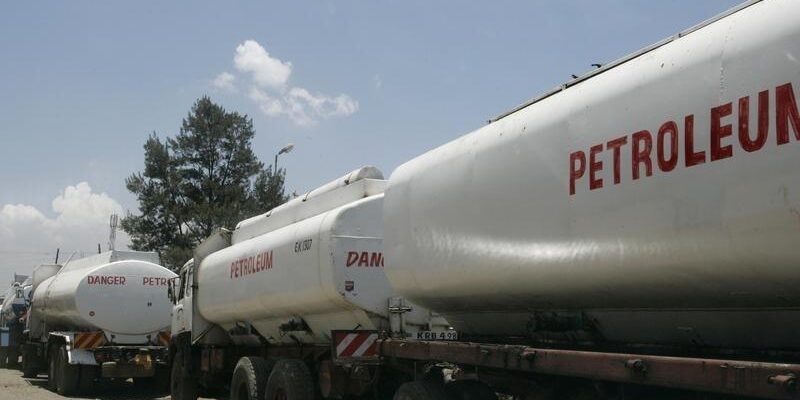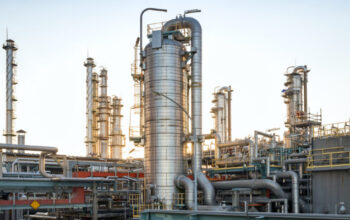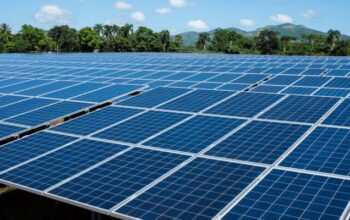Kenya is boosting its advantage over Tanzania in its bid to provide petroleum products in the East African region, with the nation’s cabinet this week approving the Kenya Pipeline Company’s (KPC) acquisition of assets from the bankrupt Kenya Petroleum Refineries Ltd (KPRL).
KPC is taking over KPRL’s 45 storage tanks, which have a capacity of 484 million liters, 254 million of which are designated for refined goods and the remaining 233 million liters for crude oil.
With the acquisition, Kenya will have infinite storage room for petroleum products, utilizing the new Kipevu Oil Terminal 2.
Kenya hopes to double the capacity of handling transit petroleum products from 35,000 tonnes to attract Uganda, Rwanda, and Burundi to begin using Mombasa as their petroleum product supplier since it will be cheaper than Dar es Salaam.
As ship waiting time and demurrage costs are added throughout the supply chain, Kenya’s petroleum products have been among the most costly in the area.
In order to keep the Ugandan petroleum transshipment business, Kenya, which carries over 900 million liters of petroleum products each month, is relying on Tanzania’s shoddy fuel transportation infrastructure.
Kenya is also enticing Uganda, its primary transit market, to start importing petroleum from Mombasa by using the recently built $170 million fuel jetty in Kisumu.
The expansion of LPG coverage throughout the nation and the area has been ordered by Kenyan President William Ruto. KPC will use some of the property owned by KPRL to construct more LPG storage tanks.
For the design of the LPG import and storage facility in Changamwe, Mombasa, KPC has already hired the Pakistani company Petrochem Engineering Services.
Five private enterprises have submitted applications to use the new Kipevu terminal in an effort to reduce the expenses associated with demurrage by making it simpler to load cooking gas for distribution by trucks.
Previously owned by Shell and British Petroleum (BP), the KPRL storage facility was sold to Indian company Essar Energy Overseas Ltd. for $5 million in 2016.
Essar Ltd gave the government ownership of its shares six months later. The government began importing refined oil in 2013, which led to the closure of KPRL, a company established to process crude oil.
“This additional storage of about 200 million liters of petroleum products would unlock supply chain bottlenecks in Mombasa and ensure a steady supply of the commodity in the country and neighboring countries of Uganda, Rwanda, Burundi, South Sudan, and the Democratic Republic of Congo,” said Energy Cabinet Secretary Davies Chirchir.
Over 185 million liters of petroleum products are sent to Uganda each year, most of which pass through the Kisumu port and the Eldoret depot.
Nairobi has reportedly sent 27 million liters of petroleum to Uganda this month via the Kisumu oil jetty.
![]()




